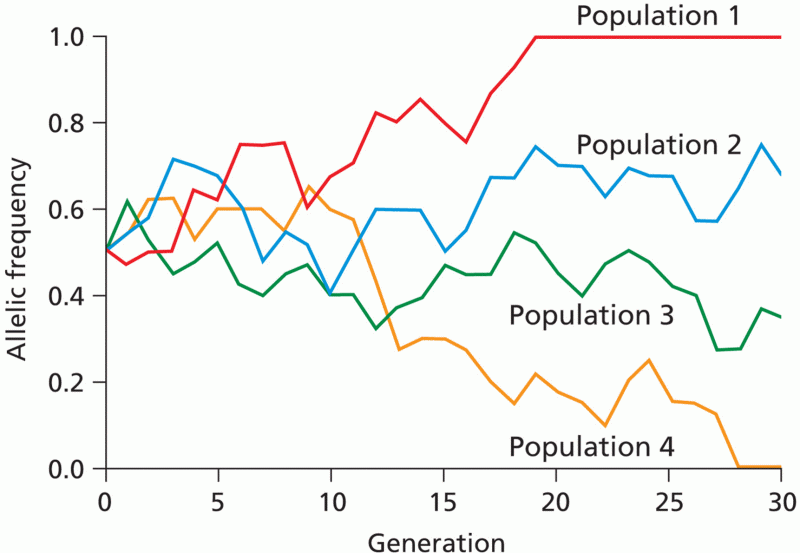|
|
|
The use of salicylates dates back 2,500 years to Hippocrates’s recommendation of willow bark (from which a salicylate is derived) as an aid to the pains of childbirth. However, overdosage of salicylates can harm body fluids, electrolytes, the CNS, the GI tract, the ears, the lungs, the blood, the liver, and the kidneys and cause coma or death.
Oxytocin is recommended only for pregnancies that have a medical reason for inducing labor (such as eclampsia) and is not recommended for elective procedures or for making the birthing process more convenient.
Chronic marijuana use can damage the white blood cells and reduce the immune system's ability to respond to disease by as much as 40%. Without a strong immune system, the body is vulnerable to all kinds of degenerative and infectious diseases.
It is believed that the Incas used anesthesia. Evidence supports the theory that shamans chewed cocoa leaves and drilled holes into the heads of patients (letting evil spirits escape), spitting into the wounds they made. The mixture of cocaine, saliva, and resin numbed the site enough to allow hours of drilling.
There are approximately 3 million unintended pregnancies in the United States each year.
 The skulls of living haplorhines differ from those of strepsirhines by having large brains, an enclo
The skulls of living haplorhines differ from those of strepsirhines by having large brains, an enclo
 Pierolapithecus catalunicus may be an ancestor of great apes and humans. Its postcranial skeleton sh
Pierolapithecus catalunicus may be an ancestor of great apes and humans. Its postcranial skeleton sh





